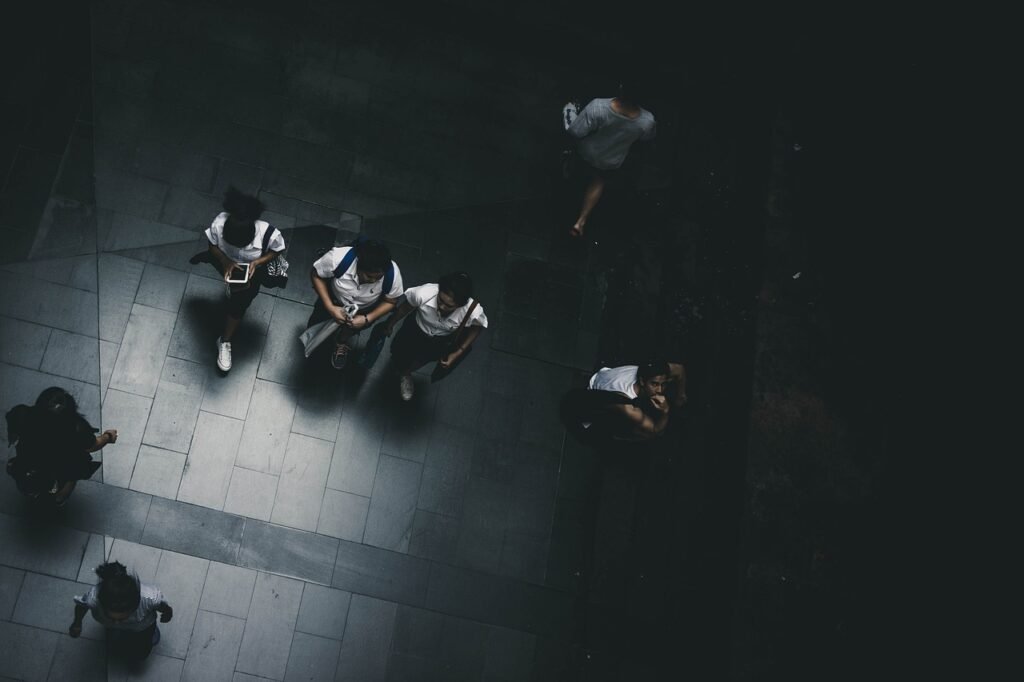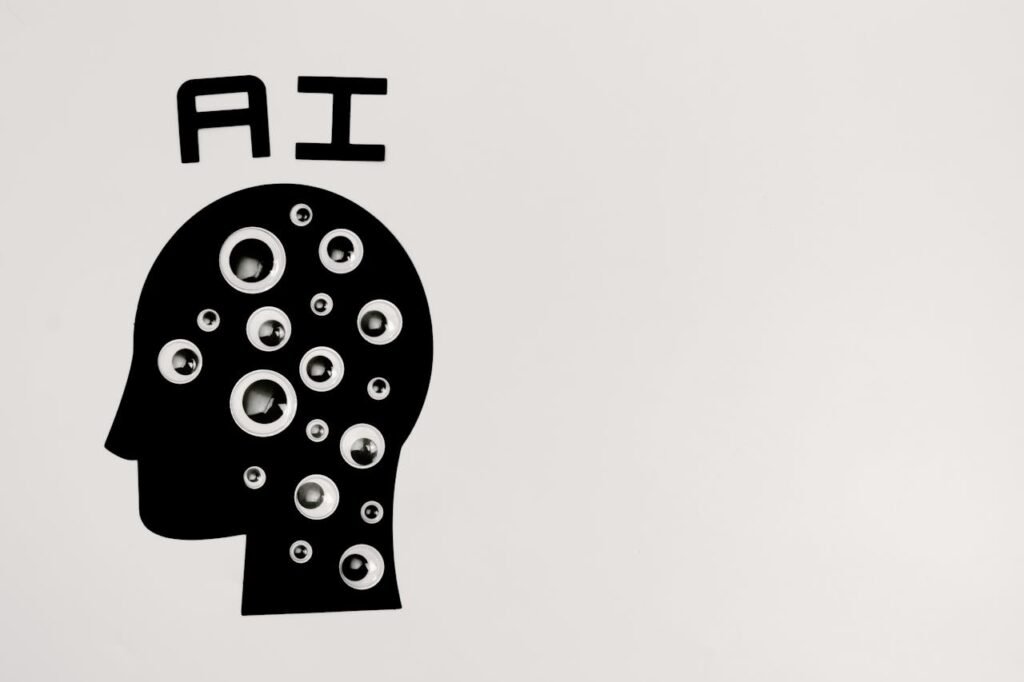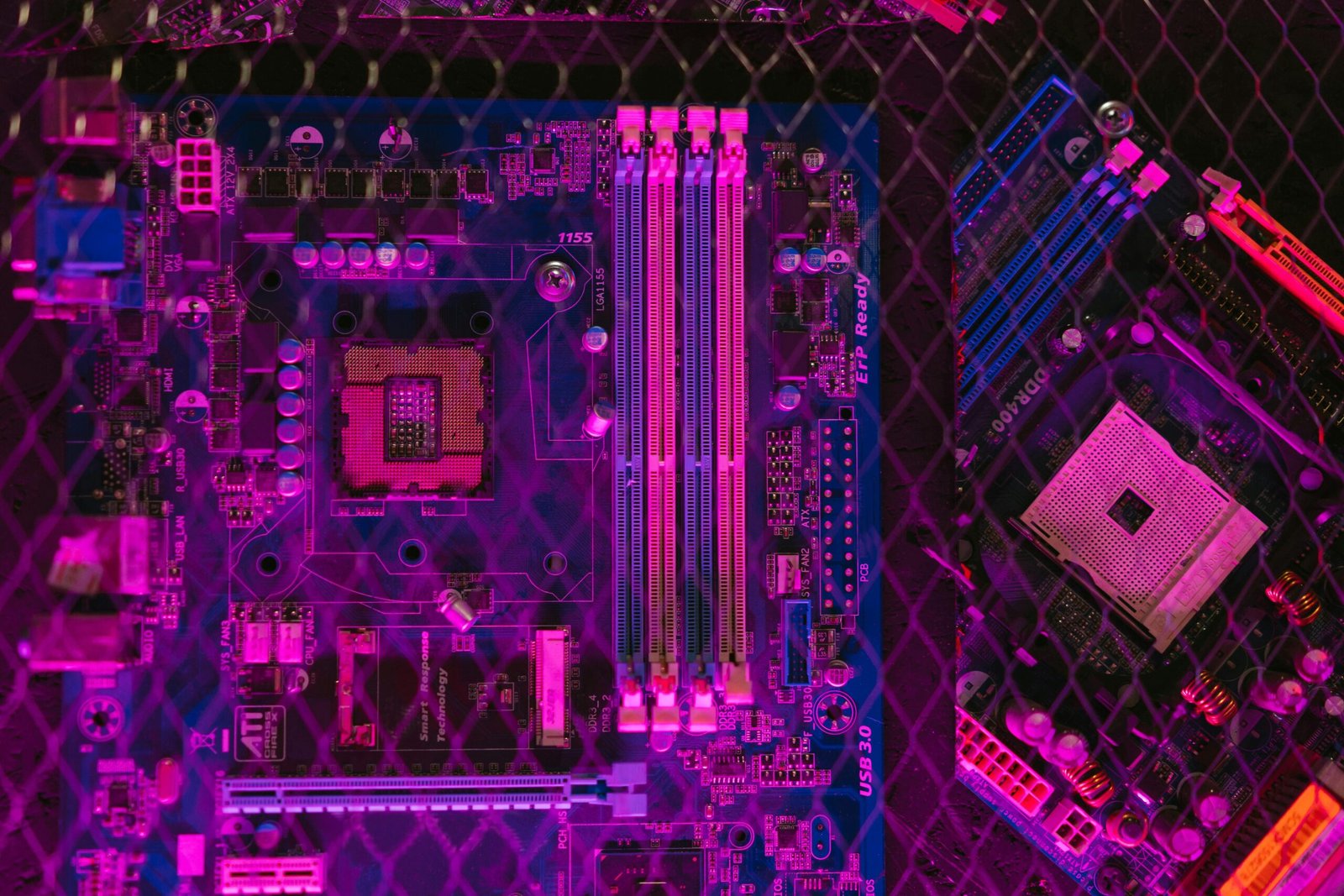AI Tackles School Refusal in Japanese City; See how

- Toda city in Japan is using AI to tackle the issue of school refusal, a problem characterized by students refusing to attend school due to anxiety, bullying, or other reasons.
- The AI system assesses a variety of data on students, including attendance, academic achievement, and health conditions, and predicts the risk of chronic nonattendance.
- The initiative has raised privacy concerns, which the education board has addressed by establishing rules to safeguard personal data and prevent discriminatory treatment of students.
- The initiative represents a significant step forward in the use of AI in education, demonstrating the potential of technology to provide valuable insights and tools for educators.
In an innovative initiative, the city education board of Toda in Saitama Prefecture, Japan, has been leveraging artificial intelligence (AI) to address the growing issue of school refusal. This problem, characterized by students refusing to attend school due to anxiety, bullying, or other reasons, has seen a significant increase in Japan over the past decade. The AI system, trialed in the year through March, is designed to provide teachers with a tool to identify and support struggling students before the issue escalates.
The AI-based prediction system assesses a variety of data on students, including attendance, academic achievement, and health conditions. It also takes into account records of their visits to school nurses and bullying reports. The system then makes predictions based on past data of students who stopped attending classes and shows how close a student is to the risk of chronic nonattendance. It color-codes the probability figures for each student, ranging from the highest red to pink, orange and the lowest yellow.
During the trial run at 18 primary and junior high schools, the program concluded that a total of 1,193 students were at high risk. Based on the outcome, teachers judged that 265 of the total needed to receive priority in receiving assistance, taking into account their behavior and other factors.
Addressing Privacy Concerns
However, the use of AI in such a sensitive area raises concerns about privacy. To address these concerns, the education board established rules to safeguard personal data and to prevent the AI-produced predictions from being used in any discriminatory treatment of students. Parents were informed in advance that they could block the use of their children’s data by opting out of the project. Access to the results was limited to those in school management positions like principals, ensuring a controlled and responsible use of the data.

The initiative has been met with cautious optimism by experts in the field. Makiko Nakamuro, a Keio University professor who is an expert on education economics, stated, By using objective data, it is possible that we can prevent students from rejecting school. However, she also emphasized the need to ensure privacy by clearly explaining the objective and extent of data usage.
The Broader Context and Historical Precedents
The rise in school refusal in Japan is part of a broader trend, with the figure for fiscal 2022 reaching a record just shy of 300,000. The Ministry of Education, Culture, Sports, Science and Technology attributed the rise to a growing recognition that students do not necessarily need to attend school. This shift in perception, coupled with the challenges posed by issues like anxiety and bullying, underscores the importance of innovative solutions like the AI system trialed in Toda city.
The use of AI in education is not without precedent. In the past, AI has been used to personalize learning, provide adaptive feedback, and even grade assignments. However, the initiative in Toda city represents a novel application of AI, using it as a predictive tool to identify and support students at risk of school refusal. As such, it offers valuable lessons for other education systems grappling with similar challenges.
In conclusion, the initiative by the city education board of Toda in Saitama Prefecture represents a significant step forward in the use of AI in education. By leveraging AI to tackle the challenging issue of school refusal, the board has demonstrated the potential of technology to provide valuable insights and tools for educators. However, the initiative also underscores the importance of careful implementation and robust privacy safeguards in such initiatives. As AI continues to evolve and its use in education expands, these lessons will be crucial in ensuring that technology is used responsibly and effectively to support students.













Post Comment